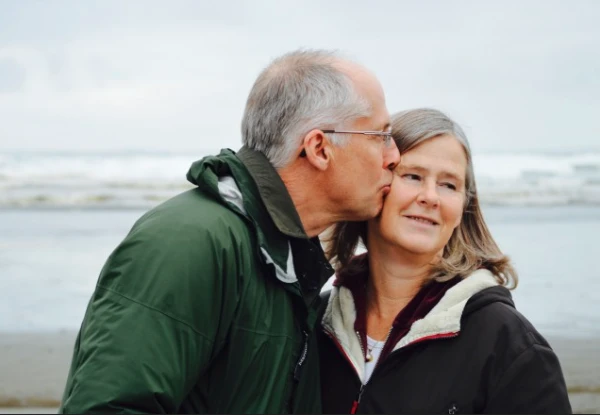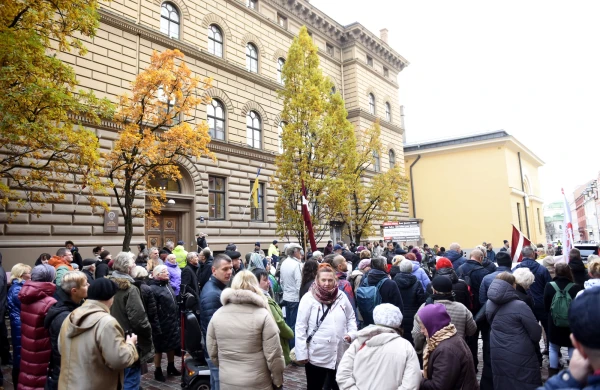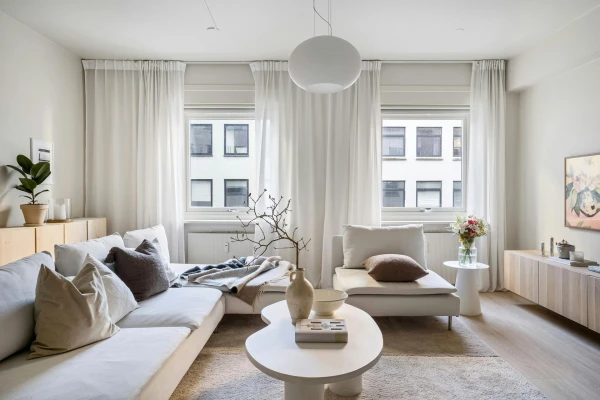
If you feel that relationships are not for you, you might not be mistaken. Let's explore who singletons are and why living alone is not necessarily a bad thing.
We are used to thinking that lonely people are unhappy. But is that really the case? The concept of "singleton," popularized by Bridget Jones books, actually denotes a very real sociological phenomenon that is becoming increasingly common.
Who are singletons
A singleton is a person who consciously (or almost consciously) does not seek to enter into relationships. According to statistics, in large cities, up to half of the residents live alone, but not all of them are true representatives of this type.
Most often, these are men and women aged 25 to 40 who have chosen a life without a partner. They feel comfortable alone with themselves, do not seek new acquaintances, and value their freedom.
Types of singletons
Sociologists divide such people into three main categories:
-
Involuntary — those who find themselves alone not by their own choice: they did not find a suitable partner or lost one. They are not "pure" singletons because their lifestyle is not a conscious choice.
-
Cautious — people who have experienced unsuccessful relationships and do not wish to repeat the painful experience. Their loneliness is a form of protection dictated by fear, rather than an internal position.
-
Conscious — "classic" singletons who do not strive to adapt to anyone, live an active life, develop, work, and do not see the need for relationships.
Why they are comfortable being alone
Most singletons are introverts. They find it interesting to be with themselves, feel a sense of internal wholeness, and do not seek a "better half." Psychologists refer to them as individuals who are already complete personalities.
Nevertheless, societal pressure remains strong: even those who are happy alone sometimes succumb to the expectations of family or society and enter into marriage. But often such relationships quickly fall apart — simply because singletons are uncomfortable sacrificing their habits and personal space.
Where such people are more common
The phenomenon of singletons is more frequently encountered in developed and large cities, where men and women can support themselves independently. In countries with a more traditional lifestyle and in rural areas, there are far fewer such people.
The higher the level of freedom and economic independence in society, the more people choose solitude. After all, this is often not only psychologically but also financially advantageous.
However, societal pressure is still significant: there will always be those who consider it their duty to interfere in someone else's personal life.
Source: mediasole














Leave a comment